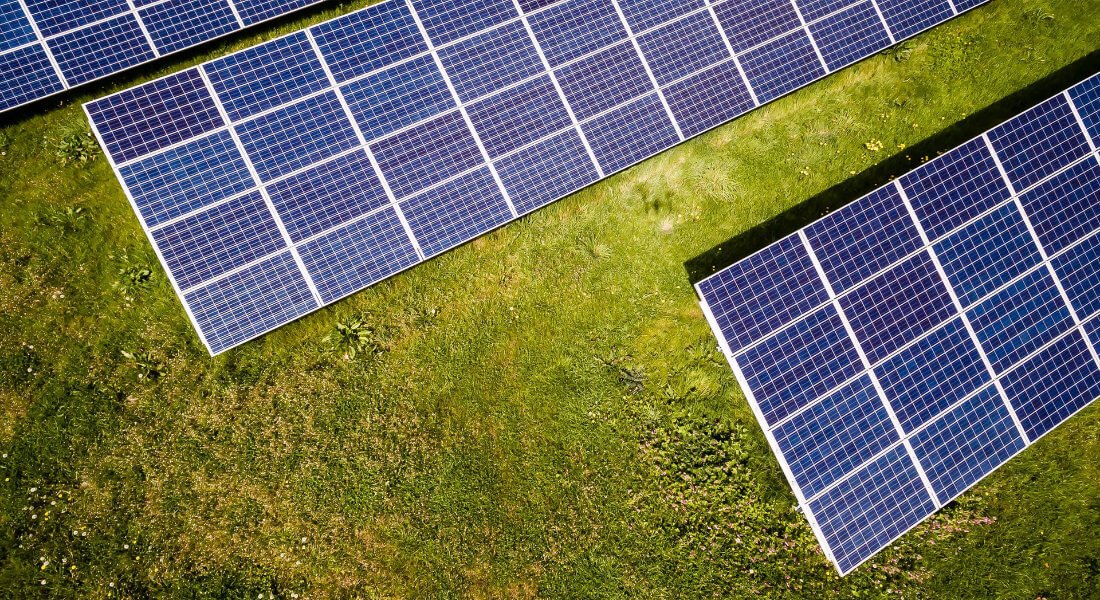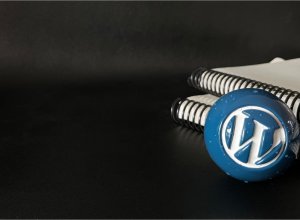
Can you have an environmentally friendly website? Yes! Does it matter? Yes! Still not interested? What if I said a planet friendly website is also a very fast website, an extremely search engine friendly website, and a website that users will love? That got your attention didn't it? And it's absolutely true. Put another way, environmentally friendly web development is a clear cut win win situation. So with that in mind, let's dig into the details…
Why Does It Matter?
Before we go any further, let's start with covering why we are talking about this in the first place. In other words, do websites / the Internet even cause any pollution and greenhouse gases? Yes, websites do pollute. How is that possible? It may seem a bit of logical leap, but it's actually very clear cut. While there are differing methods to determine the exact impact your website may have, the simple fact is that every byte of data your website stores and then has to send has an environmental cost. For one, your website has to be stored and served from a (or multiple) data centres. Data centres are extremely power hungry. The larger and more complex (think fancy effects and videos) your website is, the more data that has to be stored and the more data that has to be sent around the world, the harder the CPUs in the data centre have to work to generate and send your website, and the harder CPUs of your users have to work to load and generate your website once received. Put that all together and quite obviously that means more electricity used. This is definitely a simplified example of the issues. There is a lot more information out there on this topic this if you want to learn more. A good place to start is reading about how much pollution the Internet produces.
Hopefully I've reasonably explained one way websites contribute to pollution. But you may be thinking, wouldn't this issue be tackled by the fact that the electricity grid is increasingly utilising renewable source? While that's true, at the same time, the size of websites are exploding. From 2010 to 2016 alone the average size of a website has increase 300%. Moreover, the predictions for near future are even worse. Some predictions show that by 2025 global communications tech will be responsible for more carbon emissions than any country other than the USA, China and India.
If you want to see exactly how much C02 your website (or your competitors) consume, check out Website Carbon, a very cool tool for estimating this value!
What Is Sustainable Web Dev?
I think from the above we can pretty clearly see there is a problem – so what can be done about it? That's where sustainable web development / design comes in. Sustainable dev and design is still an emerging concept, and while there aren't exact specifications or certifications in this area yet, there are very clear things that can be done to produce a result that's inline with this ethos. At it's core I would say this concept clearly recognises that every byte counts, every byte matters. Thereby, if practicing sustainable design and development you respect the value of keeping things simpler, cleaner, and asking the tough questions, like does this feature / image / video need to be here or can I code this better. You can't take shortcuts.
What are the Benefits?
Okay, you've made it this far. As a reward, we are at the really exciting part. The benefits! Yes, of course there are clear benefits for the health of the planet and all it's inhabitants. That's a given. But what's amazing is sustainable web development actually has many more benefits. Below is just a few of the good things you end up with:
- A website that loads much faster.
- Significant SEO gains – search engines love fast loading sites.
- A lower bounce rate and higher engagement.
- Your mobile users won't hate you. In fact they'll actually enjoy browsing your website.
- Your message gets across – clearly.
- A website that is much easier to use.
What are the Drawbacks?
None! Seriously, that's the even more amazing part. There are no drawbacks. Also, don't worry. You do not end up with a terrible plain text website. While it's true one can go extremely far to reduce the size of their website (I was inspired by this project that reduced a WordPress site down to 7KB), that's not really what this is about. With a lot of careful design work and a skilled web developer, you can end up with a sustainable website that also still looks great, has the functionality you need (no carousels!) and delivers the results you want.
<>
Image Credit
Photo by Andreas Gücklhorn on Unsplash





